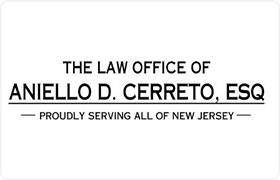Keasbey Adoption Lawyer, New Jersey
Sponsored Law Firm
-
 x
x

Click For More Info:
-
The Law Office of Aniello D. Cerreto, Esq.
215 Gordon's Corner Road Suite 1 Manalapan, NJ 07726» view mapDivorce & Family Law A Lawyer Who Listens To You
When you need an attorney, you need an advocate who takes the time to understand your case.
800-809-4531
Rosalind Westlake
Adoption, Corporate, Business Organization, Commercial Leasing
Status: In Good Standing
Lawrence D. Kantor
Dispute Resolution, Alimony & Spousal Support, Adoption, Animal Bite
Status: In Good Standing Licensed: 59 Years
Gary E. Linderoth
Dispute Resolution, Alcoholic Beverages, Alimony & Spousal Support, Adoption
Status: In Good Standing Licensed: 43 Years
Marc B. Schram
Alimony & Spousal Support, Adoption, Administrative Law, Animal Bite, Mass Torts
Status: In Good Standing Licensed: 41 Years
James Joseph Addonizio
Alcoholic Beverages, Alimony & Spousal Support, Adoption, Administrative Law
Status: In Good Standing Licensed: 46 Years
 Aniello Cerreto Manalapan, NJ
Aniello Cerreto Manalapan, NJ AboutThe Law Office of Aniello D. Cerreto, Esq.
AboutThe Law Office of Aniello D. Cerreto, Esq. Practice AreasExpertise
Practice AreasExpertise
